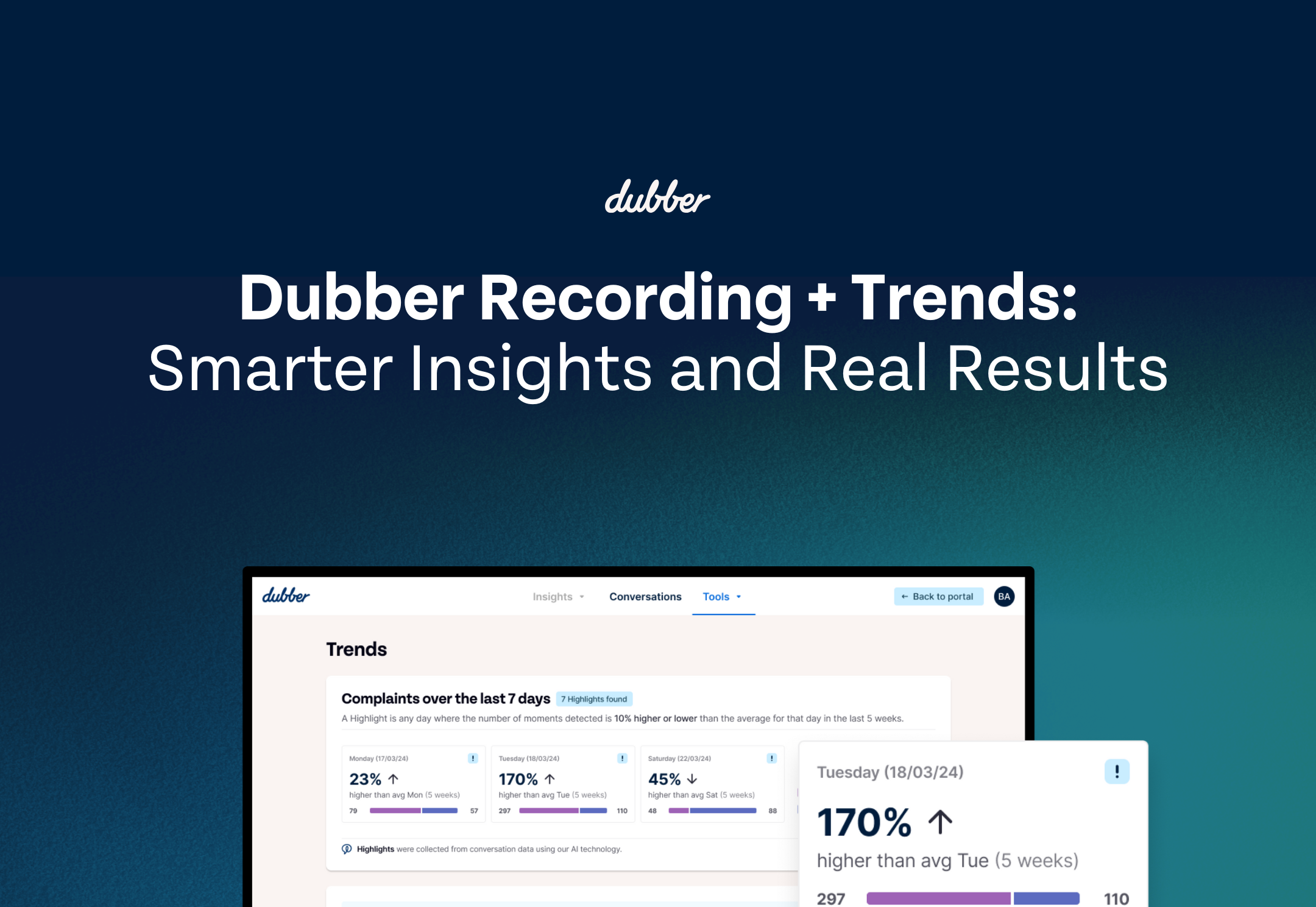

MiFID II: An Opportunity To Set Your Business Apart
The deadline for compliance with MiFID II regulations is upon us and the time to adapt to the new rules is now. This extension of MiFID legislation requires any company or employee to record all calls, across mobile and fixed lines, that include financial advice that could lead to a trade. More regulation shouldn’t mean doom and gloom: smart organisations will see these changes as an opportunity to set themselves apart from their competitors with an honest and trustworthy approach to trading and financial advice.
Compliance is an opportunity, not a burden
With technological advances, businesses have the opportunity to make huge improvements in the way they work and the enforcement of MiFID II regulations are the perfect cue to start. By utilising cloud technology to meet the requirements of the new legislation, financial organisations can turn these regulations to their advantage to create value for their business: at an affordable cost, and with no disruption to their existing processes.
Looking beyond the necessary steps required for MiFID II compliance, financial organisations can actually improve their offering and beat the competition by taking advantage of new opportunities. The benefits of a proactive approach to compliance include:
- Improvements in business and customer service practices
- Setting a higher bar for competitors puts businesses ahead of the game
- Gaining a reputation for best-in-class practice
- An opportunity for new technologies to harness the true value of recorded data
- Risk identification and management
Intelligent call recording goes beyond compliance
By deploying call recording for compliance, organisations can also take advantage of the added benefits that can be accessed. Dubber’s call recording is available with the added intelligence of Zoe: a sophisticated suite of speech analytics tools that can help businesses unlock the data held within their voice calls.
Identifying issues and opportunities
Speech intelligence can be instantly added to Dubber’s cloud call recording, allowing organisations to turn MiFID II compliance to their advantage. Zoe can help businesses to analyse their working practices — identifying issues that can be addressed as well as opportunities for development.
Risk management
With Zoe’s Smart Search functionality, recorded calls company-wide can be searched instantly, no matter the size of the organisation. Keywords associated with financial risk can be identified, highlighting conversations that might contain issues. This kind of monitoring promotes a reassuring environment for the consumer.
A competitive advantage
The aim of the MiFID II legislation is for consumers to regain trust in the financial industry, and financial organisations should jump at the chance to showcase how their company goes above and beyond their competitors. By setting a higher bar for financial practice, organisations can get ahead of the game.
A proactive approach to MiFID II regulations
Compliance with regulations shouldn’t be a reactionary game, with organisations playing catch up to attain the minimum requirements to meet regulations. Those who will lead the market will be those who proactively consider how to provide best-in-class practices that offer a better experience for their customers. With MiFID II following so closely behind the original MIFID legislation, MiFID III can’t be too far behind. By taking a proactive approach to customer service and business development, organisations can use technology to their advantage to stay ahead of the game.

